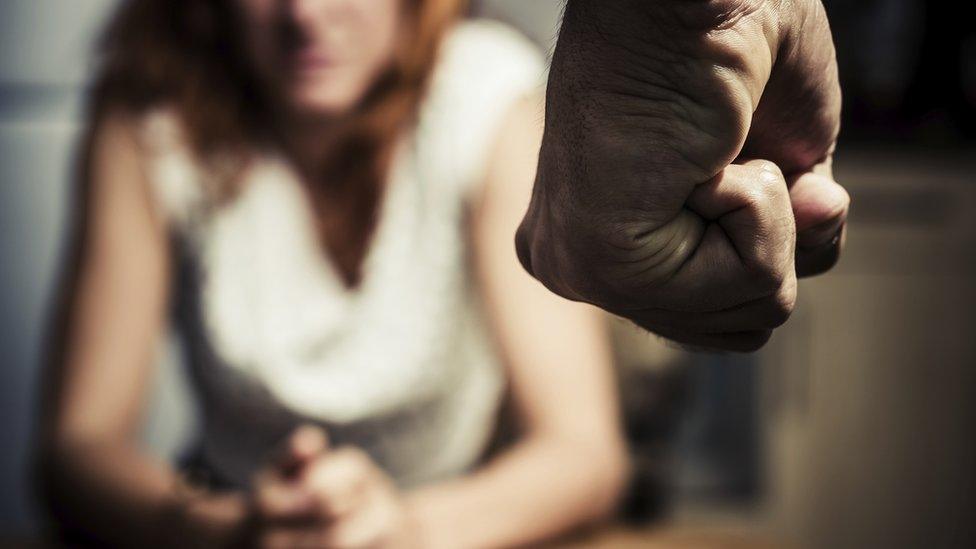Domestic violence crimes in Wales up 23% in three years
- Published
- comments
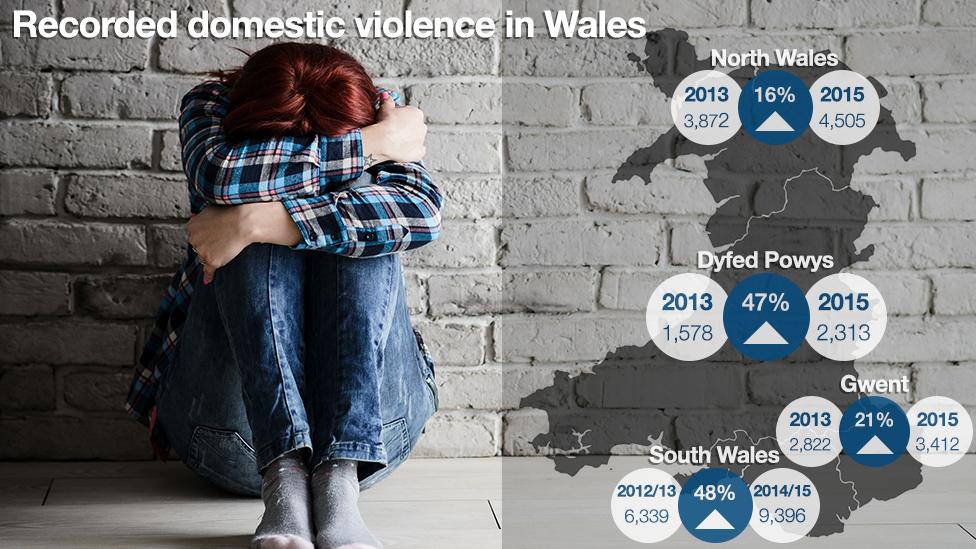
The number of reported domestic violence crimes in Wales rose by at least 23% between 2013 and 2015, according to new figures.
The data from three Welsh police forces came as new draft sentencing guidelines for domestic abuse offences were published, external.
A women's charity has called for 2015 domestic violence legislation in Wales to be implemented more quickly.
The Welsh Government said its campaigns aim to inform and educate on violence.
Figures obtained by the BBC show the total number of recorded domestic violence and abuse crimes rose from 8,272, in 2013 to 10,230 in 2015 - a 23% increase - within the Dyfed-Powys, Gwent and North Wales Police areas.
These reported offences did not necessarily lead to convictions.
South Wales Police - whose figures were not comparable to the other three - saw a 48% rise in recorded offences from 2012-13 (6,339) to 2014-15 (9,396).

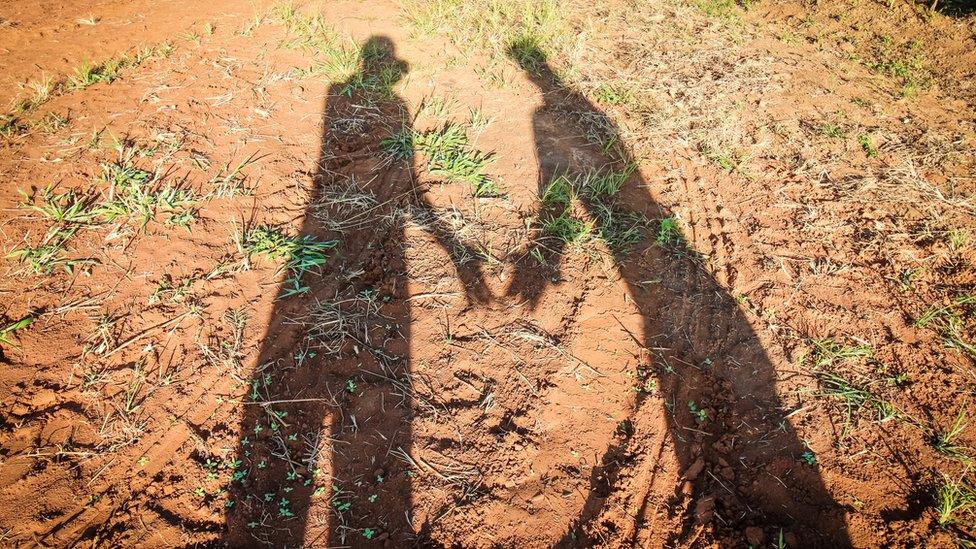
'I've learnt from mistakes'
A Swansea couple told BBC Wales their once abusive relationship improved after they got help from a domestic abuse hub.
Sarah said she started arguing frequently with her partner Mark - not their real names - who would be aggressive towards her.
"It just got worse and worse," she said. "Things just escalated and you knew it would be something little and it would get worse.
"The last time he grabbed my neck was like the final straw - that was it."
She eventually contacted police - despite not wanting Mark arrested and fearing she "could have been killed" - because she hoped they would be able to get them help.
Mark believes deep-seated issues from his past may have contributed.
He added: "I'd feel terrible for the way I treated my partner. There are no words to explain how bad I felt straight after but, obviously, it happened again. I didn't learn from my mistakes but now I have."

South Wales Police attributed the rise in recorded offences to "an increased awareness of officers to recognising domestic abuse" and improvements in its response "resulting in victim confidence rising in reporting to the police".
Det Ch Insp David Hough ,of the public protection unit, said it recognised anyone can be a victim of domestic abuse.
"However, women are more likely to be victims of domestic abuse than men, which contrasts with all other types of violent crime - where men are more likely to be victims.
"Furthermore, it is men who are more likely to use a range of negative controlling and coercive behaviours within relationships."
On average, July had the most recorded domestic offences in Wales during the three-year period - 524 - with February having the lowest average of 383, based on the monthly stats released by Dyfed-Powys, Gwent and North Wales Police after a Freedom of Information request.
These figures were not available from South Wales Police.
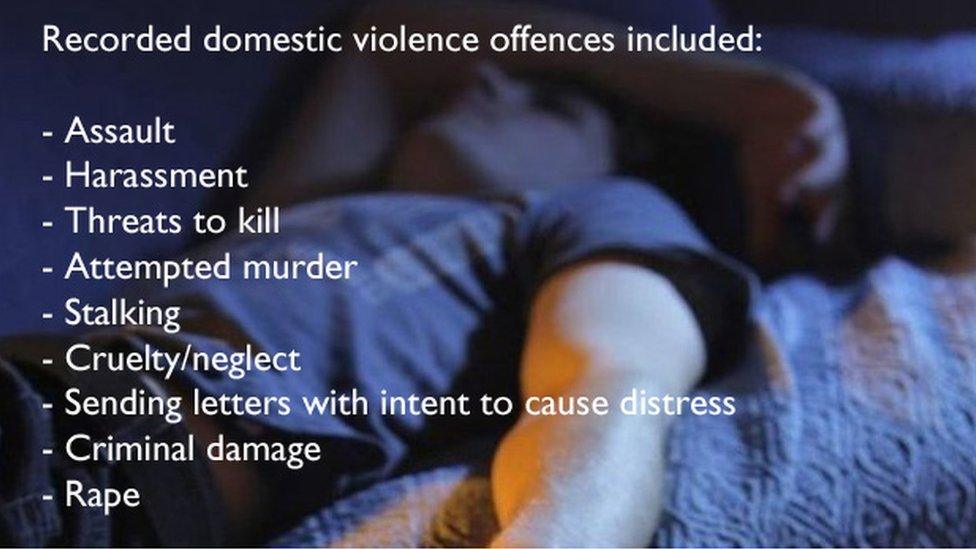
On Thursday, the Sentencing Council published new proposed guidelines on intimidatory offences and domestic abuse for consultation.
Equality group Stonewall Cymru said research showed half of gay and bisexual men in Wales have experienced at least one incident of domestic abuse from a family member or partner since the age of 16, while 34% of lesbians and bisexual women have experienced domestic abuse.
Director Andrew White said many in the LGBT community "do not feel comfortable reporting or accessing support" for domestic violence.
He added: "Trans people in particular face significant barriers to support, in some cases being turned away from domestic abuse shelters."
The Violence Against Women, Domestic Abuse & Sexual violence (Wales) Act 2015, external was introduced two years ago to improve the prevention of gender-based abuse and sexual violence.
The legislations aims to make the Welsh Government, local authorities and other bodies work together to improve abuse victims' lives.
Welsh Women's Aid (WWA) has called for a "step up in the momentum moving forward" in implementing certain elements of the law.
Gwendolyn Sterk, public affairs manager at WWA, said: "We are still concerned that certain local authorities or educational institutions are not fully aware of what's coming through this act."
A Welsh Government spokeswoman said: "Our campaigns aim to inform and educate on violence against women, domestic abuse and sexual violence issues and have focused on both victims and perpetrators encouraging all to seek help and support. Effective campaigns lead to improved awareness and an increase in reporting.
"We have made good progress in implementing the Violence against Women, Domestic Abuse and Sexual Violence Act since its commencement."
- Published1 December 2016
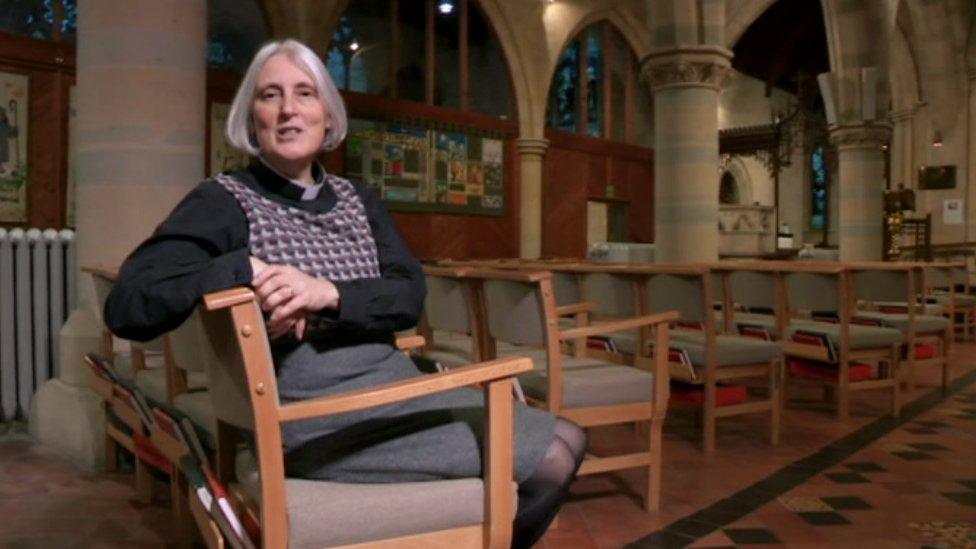
- Published12 May 2016
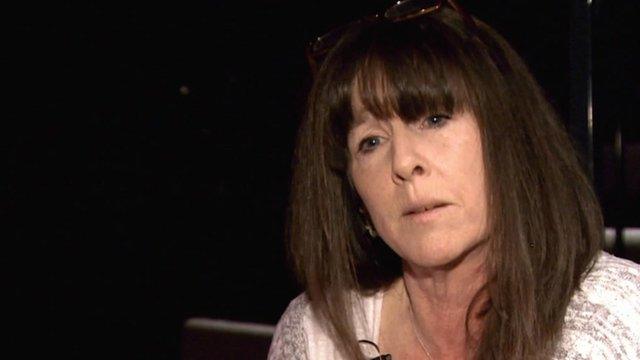
- Published1 December 2016
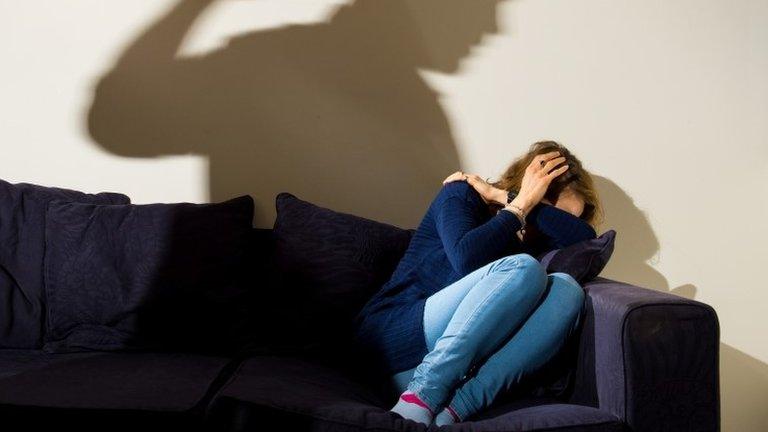
- Published5 October 2016
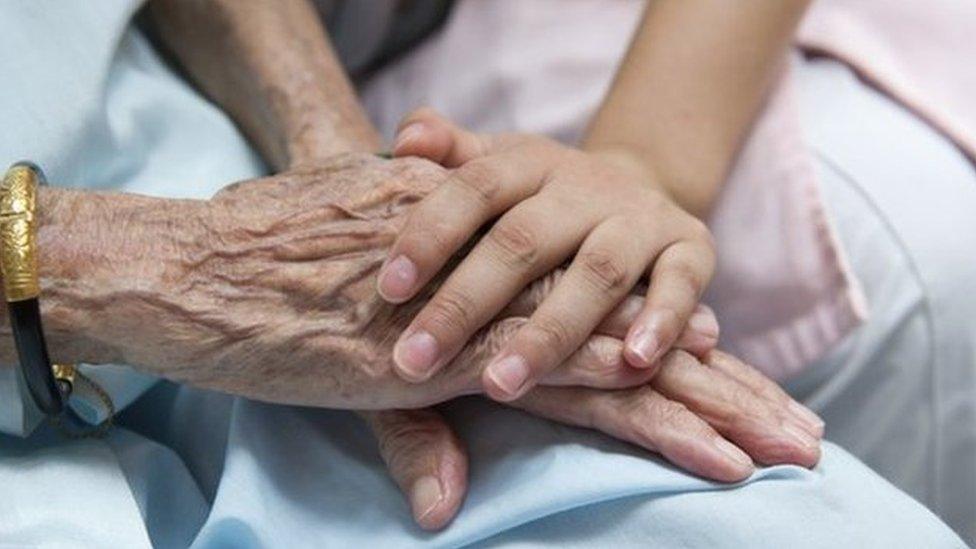
- Published1 November 2016
